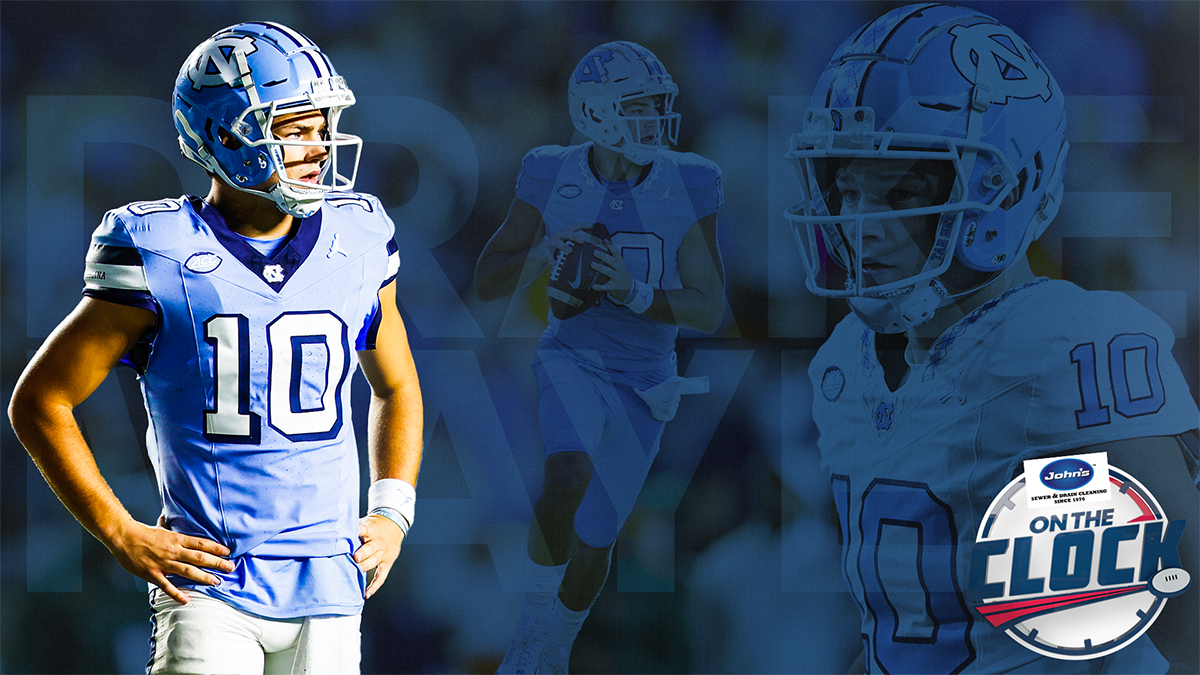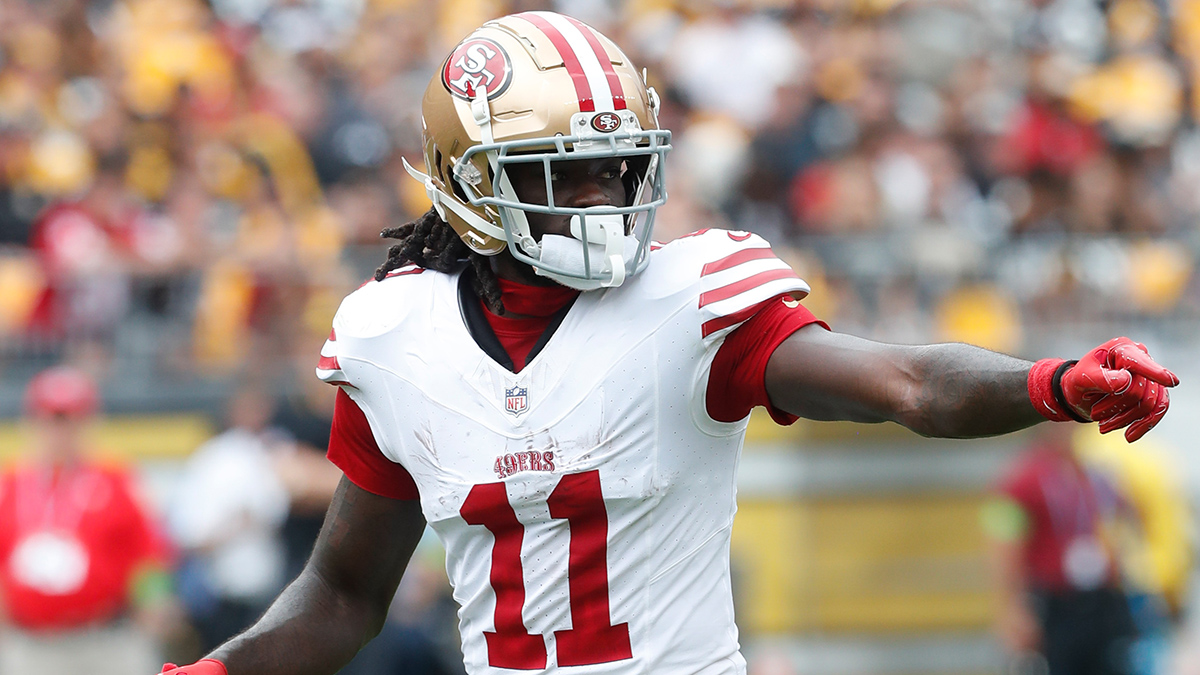What has happened with Trent Brown and Trey Flowers is something that has happened many times over the course of Bill Belichick's tenure in New England.
1) High-priced free agent departs for a life-altering contract. 2) Patriots pass on pursuing certain free agents from other clubs. 3) Patriots are awarded a compensatory pick.
Those picks are part of the equation when it comes to offseason wheelings and dealings, as the Patriots have received real value there in the past. Tom Brady (2000) is the ultimate example of striking gold with a comp pick, but in recent years the Patriots have also picked up contributors like Cam Fleming (2015), Elandon Roberts (2016) and Ted Karras (2016) with compensatory selections.
And thanks to a rules change two years ago, compensatory picks can now be traded, giving them an added layer value.
MORE ON TRENT BROWN DEPARTURE
Both Brown and Flowers are projected to return the Patriots a third-round compensatory pick in 2020, just as losing Nate Solder and Malcolm Butler landed the Patriots a pair of late third-rounders for 2019.
New England Patriots
Malcom Brown, Danny Shelton, Cordarrelle Patterson, Chris Hogan, Eric Rowe and Stephen Gostkowski could all potentially provide the Patriots with compensatory picks, though it's unlikely any from this group would return a third-rounder. It's also worth noting that the maximum number of comp picks a team can be awarded each year is four. Thirty-two are awarded in total each year, ranging from third-rounders to seventh-rounders.
But the Patriots will only be awarded picks if they don't cancel out their free-agent losses by making other moves in free agency.
Before we dive deeper into how the Patriots might lose the third-round comp picks they should get for Brown and Flowers if they're active in free-agency, it's worth noting how comp picks are assigned in the first place.
The compensatory-pick formula the league uses has never been published, but we know the basics.
It's based on free agents lost and free agents acquired in a given year by a particular team. The level of those players is taken into consideration -- based on salary, playing time and other factors -- and then picks are issued to teams who have lost more (or better) free agents than they acquired. Only free agents whose contracts have expired (not players who've been released) qualify for the compensatory-pick formula.
Using last year as an example, thanks in part to the Patriots not signing any free agents who rose to the level of Solder or Butler, those free-agent losses resulted in picks. The signing of Adrian Clayborn, however, may have effectively canceled out the loss of Danny Amendola via free agency. Thus, no pick in return for losing Amendola.
According to OvertheCap.com's Nick Korte, the Patriots earned a sixth-round comp pick for losing Dion Lewis and a seventh for losing Fleming in free agency. Signing Jeremy Hill canceled out the loss of Johnson Bademosi.
Here's how Korte describes the compensatory pick process. (Free agents who qualify for the comp-pick formula are known as Compensatory Free Agents or CFAs.)
1. A CFA gained by a team cancels out the highest-valued available CFA lost that has the same round valuation of the CFA gained.
2. If there is no available CFA lost in the same round as the CFA gained, the CFA gained will instead cancel out the highest-available CFA lost with a lower-round value.
3. A CFA gained will only cancel out a CFA lost with a higher draft order if there are no other CFAs lost available to cancel out.
That final point is key, even if that situation is rare. Here's an example from last year.
MORE PATRIOTS
The Seahawks signed CFA Jaron Brown, a projected seventh-round value. The only Seahawks "CFAs lost" available to cancel out the move were Paul Richardson (fifth-round value) and Jimmy Graham (fourth). Even though there was a multi-round difference between Brown and Richardson, per Korte's projections, those moves still canceled each other out.
With that in mind, the Patriots may want to tread lightly when it comes to signing big-ticket free agents who will qualify toward the comp-pick formula this offseason. They could lose out on the third-rounders for Brown and Flowers if that happens. And there's a low-percentage chance that even a lower-level free-agent signing could cancel out the loss of Brown.
The good news for the Patriots is that re-signing their own players -- like offensive tackle LaAdrian Waddle or kicker Stephen Gostkowski -- doesn't impact the comp-pick setup. Neither does signing players who've been released, meaning the Patriots could theoretically make a splash by signing Chiefs pass-rusher Justin Houston and they'd retain any comp picks they've been assigned.
This is one of the other benefits of making a trade for a player like Michael Bennett. If the Patriots had opted to build some pass-rushing depth via free agency, that would've negatively impacted their comp-pick return. Bennett's acquisition doesn't impact the compensatory formula.
As a team that will at some point have to transition to a younger core, mid-round picks are nothing to scoff at. And in losing both Brown and Flowers, they've put themselves in a position to land at least two more.
When you consider that the Patriots acquired Brown simply by dropping 48 slots in last year's draft -- from No. 95 to No. 143 -- and that he helped them earn a championship in his lone season in New England, getting a third-round pick back for 2020 isn't a bad consolation prize for watching him sign with Oakland.
Click here to download the new MyTeams App by NBC Sports! Receive comprehensive coverage of your teams and stream the Celtics easily on your device.


